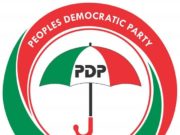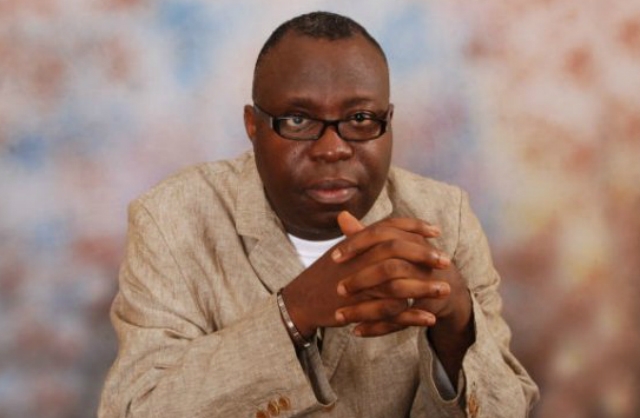The Senator who represents Oyo South Senatorial District, Rilwan Adesoji Akanbi recently published a memo where he explained what the National Health Act (2014) means to him.
PMParrotng here reproduces his submission with his permission. Enjoy reading:
Democracy is governed by the principles of collective agreement of the majority. Most times, it is a painstaking process that involves debates between diverse viewpoints. It is both intellectually consuming and requires sometimes shifting grounds. Eventually, it is what the majority agree to that becomes the principle of operation. This process is what everyone that has agreed to participate in a democracy has signed up to accept and abide by.
Simply put, if you have an opinion, take it through the process it requires to become the governing principle. This process is what we would call the legislative process in Nigeria. The National Assembly being the legitimate representative and authentic voice of the people has been empowered by law to discuss matters of utmost concerns to the Nigerian people it represents. The National Assembly is regarded as one of the three arms of government with the power to make, repeal and amend the laws of the land.
By virtue of the constitution of the Federal Republic of Nigeria, the National Assembly has equal power with the other two arms of government. Each, with its own responsibility, has been established to secure and protect democracy and the guiding principles of democracy, which is respect for the rule of law. Theirs being particularly the making, repealing and amending of laws lends credence to the fact that whatever the law says must be respected and be abided by.
On October 27, 2014 the National Health Act (NHA, 2014) was officially gazetted having extensively gone through the legislative processes of the Lower and Upper Chambers of the National Assembly and assented to by the President of the Federal Republic of Nigeria. The NHA 2014 became a law of the Federal Republic of Nigeria. Without going through all that the National Health Bill went through before becoming a law, it was a collective agreement of the Nigerian people across different ethnic, religious and professional groups, it was the guiding principles the people collectively agreed to be governed by and have gone through the established process of becoming a law of the land.
Part 1, Section 11 (2a) states: “The Basic Health Care Provision Fund shall be financed from (a) Federal Government Annual Grant of not less than one per cent of its (Consolidated Revenue Fund (CRF).”
This requirement is similar to the compulsory Universal Basic Education Act 2004 otherwise known as Universal Basic Education (UBE) fund that requires two per cent of the CRF to be dedicated for funding basic education. While the UBE fund, signed into law in 2004, became effective and implemented in 2005, the National Health Act 2014 is in four budget cycles and is yet to see the light of the day.
The Federal Government of Nigeria has successfully gone through three budgeting cycles (year 2014, 2015 and 2016) and is in the fourth one now being year 2017 budget, and still the National Health Act 2014, a law of the Federal Republic of Nigeria , is not featuring in the 2017 proposed budget of Nigeria.
What does this mean for our democracy and the people of Nigeria? The implication is far-reaching for our democracy. The unintended message the government would be communicating to Nigerians is that the law is selective and ineffective, and how powerless the people are in continuing to participate in a democratic system of government that lends its voice to collective agreement, but currently, that voice is being silenced by the government.
This portends a great danger to our democracy which is protected by law as agreed by the collective and majority of Nigerians. It is an outright disregard of the law that was demanded by the good people of Nigeria for their health and well being, painstakingly legislated upon by the National Assembly and assented by a president of the Federal Republic of Nigeria. As a legislator, it amounts to a sheer waste of legislative time and the confidence of Nigerian people in their representatives. If this persists, the people of Nigeria would misinterpret this as a disregard for an arm of government and that impression must be corrected immediately.
Credit: newspeakonline.com




































































